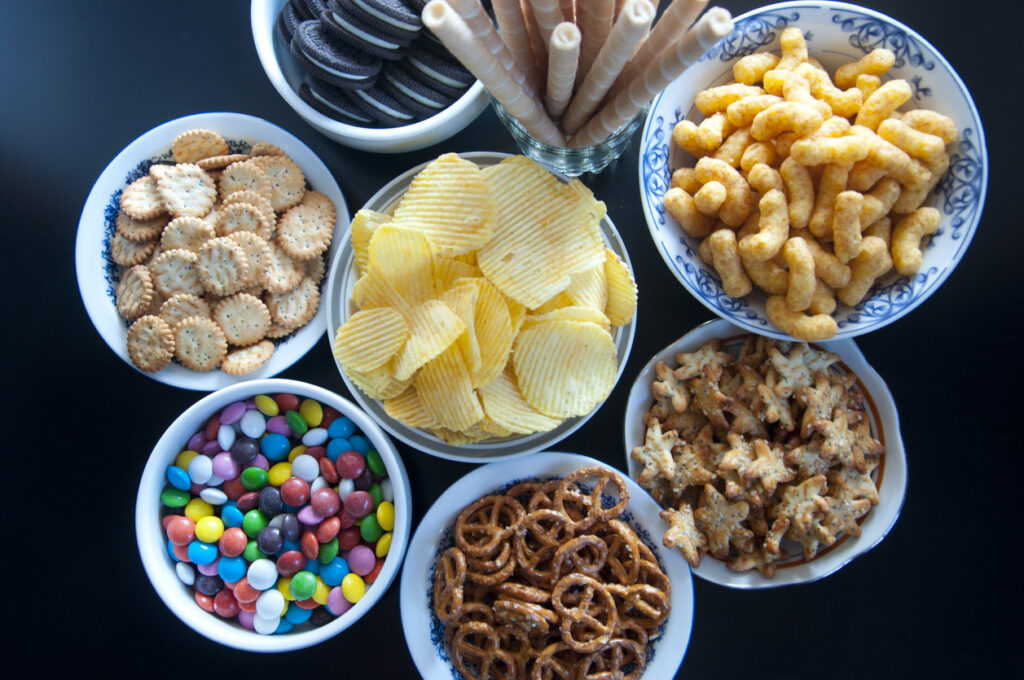
A study by the Institut d’Investigació Sanitària Pere Virgili (IISPV), in collaboration with the URV, the ISGlobal and the Centre d’Investigació Biomèdica en Xarxa (Spain), has found that excessive consumption of ultra-processed foods – such as sugary drinks or potato chips – during pregnancy affects a child’s language and verbal skills.
The results have been published in the scientific journal ‘Clinical Nutrition’ and it is a research that, «for the first time, highlights this key aspect for the development and learning in the infant stage and that further evidences the role of diet in people’s health».
The research consisted of a four-year study of 1,800 mothers and their children, who were followed from birth to the age of five, when they develop language skills such as reasoning, verbal agility and numerical memory.
To assess the children’s development, the international McCarthy scale was used, whose tests include language skills which, together with non-verbal or visual and perceptual abilities, «determine the degree of general cognition achieved by the child».
In addition, the participating mothers were asked to complete a food consumption questionnaire to analyse whether or not their intake of ultra-processed foods had been high, and were divided into three groups: low, medium and high intake.
The results showed that the children of mothers in the high intake group scored low on the verbal skills section of the McCarthy scale.
In addition, the research team observed that «the profile of the mothers in this group was that of a woman with a primary education, from a low social class and who does not regularly follow a Mediterranean diet».






